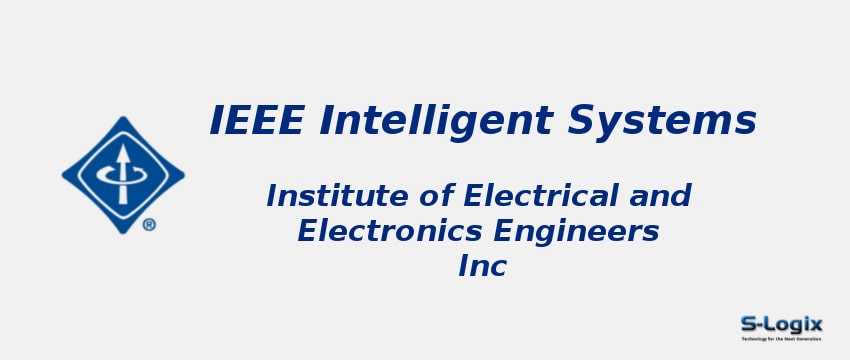IEEE Intelligent Systems serves users, managers, developers, researchers, and purchasers who are interested in intelligent systems and artificial intelligence, with particular emphasis on applications. Sample topic areas for feature articles include knowledge-based systems, intelligent software agents, natural-language processing, technologies for knowledge management, machine learning, data mining, adaptive and intelligent robotics, knowledge-intensive processing on the Web, and social issues relevant to intelligent systems.
Journal Home: Journal Homepage
Editor-in-Chief: Daniel Zeng
scope: IEEE Intelligent Systems serves users, managers, developers, researchers, and purchasers who are interested in intelligent systems and artificial intelligence, with particular emphasis on applications. Typically they are degreed professionals, with backgrounds in engineering, hard science, or business.
Print ISSN: 1541-1672
Electronic ISSN: 1941-1294
Abstracting and Indexing: Science Citation Index Expanded. Scopus.
Imapct Factor 2021: 6.744
Subject Area and Category: Computer Sciences, Electronics and Telecommunications, Industrial Engineering, Mathematics
Publication Frequency: Bimonthly
H Index: 129
Q1: Computer Networks and Communications
Q2:
Q3:
Q4:
Cite Score: 7.5
SNIP: 2.138
Journal Rank(SJR): 1.572
Latest Articles: Latest Articles in IEEE Intelligent Systems
Guidelines for Authors: IEEE Intelligent Systems Author Guidelines
Paper Submissions: Paper Submissions in IEEE Intelligent Systems
Publisher: IEEE Computer Society
Country: United States
